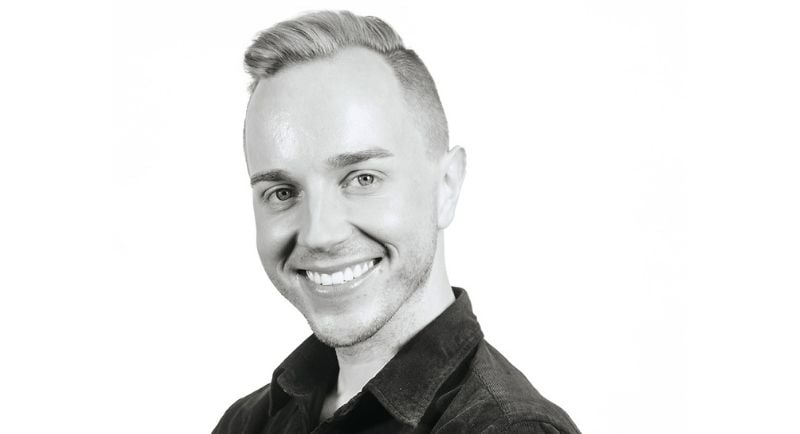By David Arthur, Head of Talent at Amplify
You’d be hard-pressed to find a marketer who hasn’t worked with a creator by now. Whether it’s a TikTok partnership, a podcast read or a product drop on Instagram, creator-led campaigns have become an established part of the media mix.
But behind the scenes, something more significant is happening: creators are growing up – and so are their ambitions.
The most successful creators are no longer content with short-term campaigns and a crowded content calendar. They want careers that extend far beyond the feed and into what may be considered more traditional media.
They’re asking about everything from TV roles, podcast development, national tours, cookbook deals and acting classes. In other words, they want to break out beyond the ‘social’ tag and go mainstream – into more traditional and established forms of media.
The reasoning is quite simple – they want to become brands in their own right, like the established stars of stage and screen, and become known and loved by audiences outside of their social channels- and they’re seeking out management teams who can help them get there.
For those of us working in talent management this marks a fundamental shift in how we support this kind of talent. It’s no longer enough to simply secure brand partnerships or manage posting schedules.
To remain relevant, talent managers need to evolve from middlemen into multi-hyphenates: brand strategists, casting agents, business advisors and long-term creative partners.
In the past 12 months alone, we’ve had more creators than ever tell us exactly what they want in clearly defined terms. For many, cultivating a profitable online presence is just the start of their ambition to launch the rest of their career. For management, that means being able to manage both sides of the spectrum.
And why shouldn’t they want more? Today’s creators command real social currency with audiences most mainstream media operations struggle to connect to. In the same way people would follow an actor or presenter as they moved from show to show and channel to channel,their loyal, engaged audiences are primed to follow them into these other mediums in their millions. And in media, attracting good audiences has always been the aim of the game.
Many have more influence than some traditional celebrities precisely due to the personal, one-on-one-style relationships they build – and they’re smart enough to know it. The best talent aren’t waiting for opportunities to land, they’re asking us to help them make it happen.
That puts pressure on talent managers to expand their remit – fast. At the most basic level, it means being fluent in both digital and traditional media. Talent today might go from producing a skit for TikTok to sitting in a meeting with a TV executive or book publisher. Managers need to know how to navigate both worlds and be taken seriously in each.
In some ways, it’s a generational divide. Traditional talent agents are now scrambling to understand social media. But creator-first agencies are doing the opposite – bringing their fluency in digital into the world of TV, publishing, film and live entertainment. It’s not always a perfect fit and there is definitely work to do in bringing these worlds together, but it’s where the future is heading.
We’re already seeing the results. One of our creators is about to publish his first cookbook and another just wrapped a national comedy tour. We’ve had athletes cross over into commentary roles on broadcast, free-to-air TV and creators originally known only for social media are now auditioning for international film roles.
All of this has redefined what it means to manage creator talent. The job now goes well beyond landing a few paid posts. It means helping creators build a long-term career roadmap – one that reflects their ambitions, develops their personal brand and unlocks new audiences and revenue streams.
There’s a simple reason this matters for marketers: as creators move across platforms and formats, brands need management teams that can keep up. If a creator is acting in a film, launching a podcast and doing brand deals in between, aligning partnerships becomes more complex.
Managers who understand a creator’s business holistically can therefore help make those brand integrations smarter and more strategic.
That’s why the days of managing creators like a bolt-on service are over. If you’re not thinking about your talent’s business, brand and long-term vision, you’re not really managing them – you’re just sending emails.
As creators continue to evolve, so too must the people who support them. The question for agencies and marketers alike is simple: are you ready to grow with them?
Top image: David Arthur

